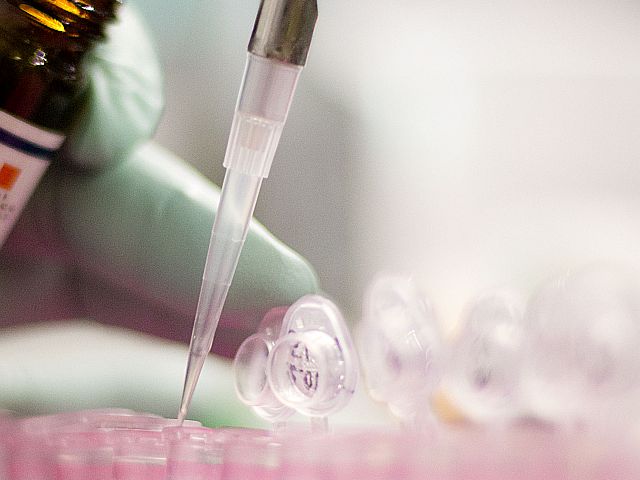An experimental vaccine developed to treat recurrent breast cancer is helping patients, a new clinical trial has found.
The vaccine trial was conducted at the National Cancer Center in the United States at Barnes-Jewish Hospital and WashU Medicine. The study involved 18 patients diagnosed with triple negative breast cancer that was not metastatic, meaning the tumor had not spread to other organs. Patients received standard medical care and three doses of a personalized vaccine tailored to key mutations in their specific tumor. The vaccine aims to “train” immune cells to recognize and destroy cells carrying these mutations.
After treatment, an immune response to the vaccine was detected in 14 of 18 patients, and three years later, an analysis showed that 16 patients were cured of cancer. Although the purpose of the early study was to evaluate the safety of the vaccine and did not include a control group to determine its effectiveness, the researchers analyzed historical data on patients with triple-negative breast cancer who received only standard treatment. In this group, on average, about half of the patients had no cancer detected three years after treatment.
In developing the vaccine, the researchers selected altered proteins, called neoantigens, that were produced by patients’ tumors and could trigger the strongest immune response. On average, each patient’s vaccine contained 11 neoantigens specific to their tumor, with a range of four to twenty.
